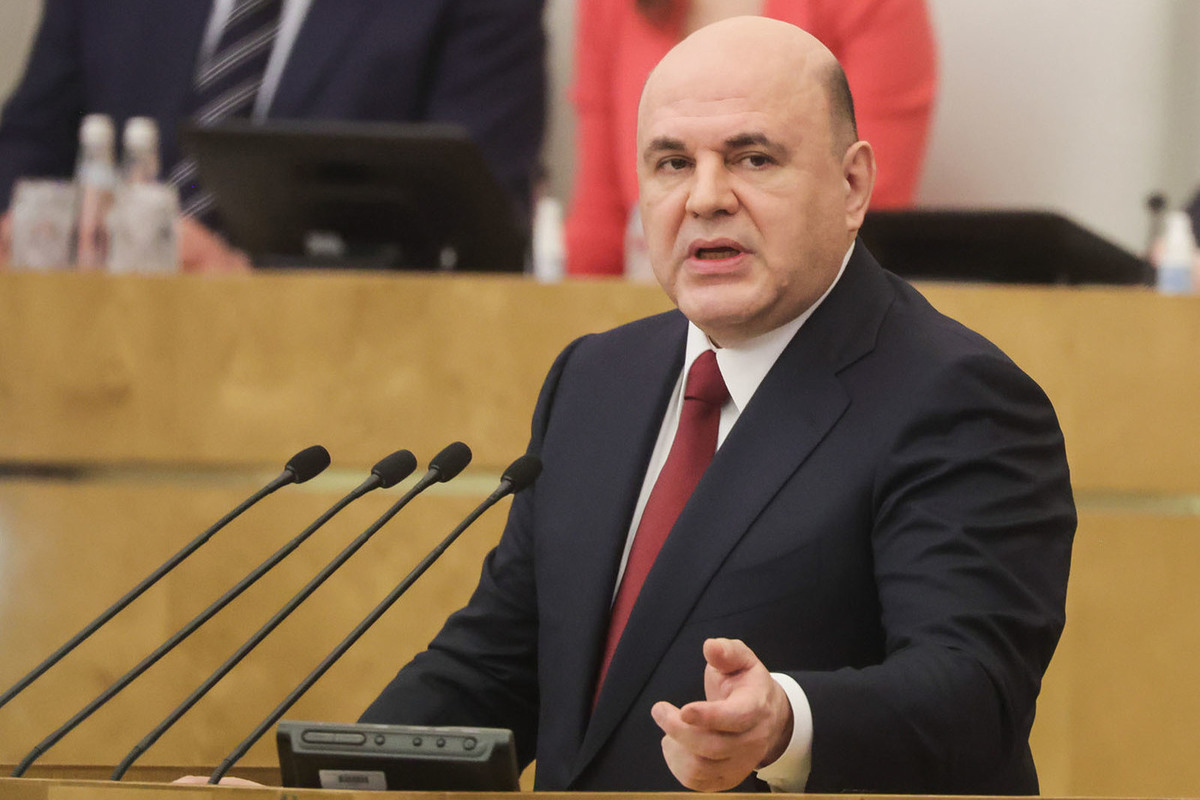Expert Suverov explained why the government introduced a ban on gasoline exports from March 1
[ad_1]

“The measure is associated with the risk of a shortage in the domestic market”
On March 1, a temporary ban on gasoline exports comes into force for a period of six months. The measure was approved by Prime Minister Mikhail Mishustin. It does not apply to the already agreed volumes of supplies to the EAEU countries, Mongolia, Uzbekistan, Abkhazia and South Ossetia. According to analysts, this decision is due solely to seasonal factors – firstly, high demand for gasoline in the spring-summer period, and secondly, planned repairs at refineries. The ban is clearly forced, but it also has serious side effects.
“In order to level out the rush demand for petroleum products, it is necessary to take measures to help stabilize prices on the domestic market,” Deputy Prime Minister Alexander Novak formulated the task in a letter addressed to Mishustin dated February 21. He justified his initiative with data from monitoring exchange prices. Since the beginning of 2024, the cost of AI-92 and AI-95 gasoline, as well as summer diesel fuel, has increased by 8-23%. At the same time, at gas stations the price of AI-92 and AI-95 decreased by 2 and 1 kopeck per liter, respectively, summer diesel fell in price by 7 kopecks, and the price of winter diesel remained at the same level. According to the Deputy Prime Minister, in such a situation it is necessary to increase the standards for trading petroleum products on the exchange and introduce a temporary ban on exports.
In September 2023, the government already made such a decision due to a sharp increase in wholesale prices. The measure was repealed in November. The Ministry of Energy then reported that over the course of two months, a fuel surplus had formed on the domestic market, and the exchange wholesale price of gasoline had dropped significantly.
“Gasoline prices remain quite volatile today,” explains Arikapital Management Company investment strategist Sergei Suverov. – The current measure is very tough, but frankly forced: it is seasonal in nature and is associated with a serious risk of a shortage on the Russian market. Part of the refinery is currently undergoing repairs; field work will begin in the spring, and during the summer holidays, as we know, motorists become more active. Typically, the demand for gasoline increases in the spring and summer. The problem is that you cannot do without side effects. Firstly, oil workers are not receiving enough foreign currency earnings, and secondly, budget revenues are declining, since petroleum products account for approximately a third of export sales. As for the macroeconomic consequences, this has a negative impact on the ruble exchange rate.”
However, Suverov argues, in the future the authorities can again use such a proven tool as a fuel damper. The state subsidizes the cost of petroleum products to producers if their price on export markets is higher than within the country. In 2023, the damper was canceled, and today its previous parameters have been returned. Other steps suggest themselves that will contribute to price stabilization – due to an increase in production volumes. First of all, this is the reconstruction of oil refineries and an increase in their capacity.
[ad_2]
Source link






